Climate change
Where can I find information about climate change?
(Years 7-10)
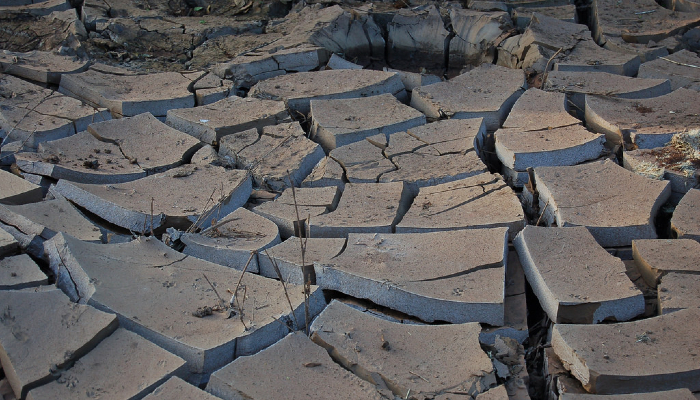
Image: Dry riverbed by Shever on Flickr.
Entry last updated: 10/07/25
Introduction
Climate change is a change in worldwide climate patterns, like the weather. It is a very important topic in current events because the world is seeing a very large change in climate due to global warming.
Useful words and phrases
Here are some words and phrases you might come across when researching this topic.
Climate: Climate refers to the normal weather patterns of a place, such as average temperature, rainfall, wind etc.
Climate change: The change in the normal weather patterns, which can mean warming, cooling, or other changes.
Global warming: The long term rising of the earths temperature.
Greenhouse effect: The warming of the earths surface and the air above it, caused by gases in the air that trap energy from the sun.
Greenhouse gas: A gas that contributes to the greenhouse effect, for example carbon dioxide and chlorofluorocarbons.
Ozone layer: The shrinking ozone layer is an important part of the larger topic of global warming.
A changing climate
Try these websites to find out more about the climate and how it is changing.
We like NASA's general website about global climate change because it comes from a reliable organisation and has lots of well-researched facts.
Look down a bit till you see the heading What Is Climate Change - there are four circles here with answers to common questions.
Select Evidence to find out how we know that climate change is real.
Tips: We like sites that are from government or other reputable organisations, because we can trust the information. You can sometimes tell these sites by their web address – they might have .gov or .edu in their address – or by looking at their About us or Contact pages.
This is one of the EPIC resources. EPIC is a collection of reliable databases covering lots of different topics. It’s put together especially for New Zealand school students and helps to answer questions like this.
Select the Middle level.
Search for the keywords 'climate change'.
This will bring up articles about climate change and global warming.
You can use the sidebar to find other types of resources, like this video about Climate Change over time.
Tips: To get to the EPIC resources you will need a password from your school librarian first. Or you can chat with one of our AnyQuestions librarians and they will help you online. Some EPIC databases may also be available through your public library.
Educational channel with videos that talk about many different topics including climate change.
To search the channel:
select the magnifying glass beside the About tab
enter the keywords 'climate change', and
watch their video on What is Climate Change?
Causes and impacts of climate change
Most scientists agree that climate change is caused by humans and the effect that we are having on our environment. They are also concerned about the impact of climate change in the future. To find out more about the greenhouse effect and greenhouse gases, have a look through these websites.
This is a good place to find reliable research on the causes and impacts of climate change.
Look down a bit till you see the heading What Is Climate Change? - there are four circles here with answers to common questions.
Select Causes to find out why climate change is happening.
Select Effects to find out what climate change is doing to the world, and predictions about how it will change the world in the future.
United Nations: Climate Action
The United Nations is an international organisation. Countries around the world get together to talk about problems and find solutions to benefit humanity. This is their site that has to do with the issue of climate change.
From the tab The Science choose Key Findings.
Find quick facts about climate change and different issues such as the physical science, food and agriculture, health, and nature.
Check out the other tabs to find out about adaptation, reports, and solutions.
Middle School (Gale In Context)
This is one of the EPIC resources. This resource has information for students on lots of topics, including climate change.
Go to Browse Topics.
Look for topics related to climate change eg Global Warming and Climate change.
Topics have resources sorted by type eg reference, audio, videos, and news.
Look to the bottom of the page for related topics like Wildfires.
Tips: To get to the EPIC resources you will need a password from your school librarian first. Or you can chat with one of our AnyQuestions librarians and they will help you online. Some EPIC databases may also be available through your public library.
Action on climate change
Because of how serious the impacts of climate change can be, there are many different organisations that are working to reduce it.
We like NASA's website about global climate change because it comes from a reliable organisation and has heaps of researched facts about climate change.
Look down a bit till you see the heading What Is Climate Change? - there are four circles here with answers to common questions.
Select Solutions to see what is being done around the world to solve climate change.
Global Issues (Gale In Context)
This is one of the EPIC resources. EPIC is a collection of reliable databases put together especially for New Zealand school students. This particular database includes different perspectives on important issues like climate change.
To find all topics related to climate change go to Browse Issues.
From the drop down menu choose Environment and Climate Change.
Or just select the Climate Change topic page.
Resources on topic pages are grouped by type eg reference, viewpoints, or news.
Here you can find information about international groups or agreements that address climate change, like the Paris Agreement and Kyoto Protocol.
Tips: To get to the EPIC resources you will need a password from your school librarian first. Or you can chat with one of our AnyQuestions librarians and they will help you online. Some EPIC databases may also be available through your public library.
This is a great place to find information on current events and news from around the world.
Use the search box at the top right of the page to search for news about climate change.
Or select the tab Climate.
This has all the latest news about climate change.
If you look down the page to Climate basics you can find A really simple guide to climate change.
Tips: It’s worth checking out what the other major news sites have on a topic too: CNN (USA), PBS News (USA), ABC News (Australia) and our own TVNZ. They will all have links to world news.
Climate change in New Zealand
Climate change is also an issue of concern in Aotearoa New Zealand. These sites have information about climate change in New Zealand, how it could affect our country and what is being done about it.
Te Ara: The Encyclopedia of New Zealand
Te Ara is an excellent starting point for all questions about Aotearoa New Zealand. If we look down to the bottom of the page, we can see that the website belongs to the Ministry for Culture & Heritage, so the information is well-researched and reliable.
Search for 'climate'.
To find out about the current climate in New Zealand, choose the Climate story.
To find out about how the climate is changing, choose Climate Change.
This website has been especially for students and teachers and covers lots of different science topics.
Try searching for 'climate change' - this will bring up a few different types of results.
Look under Articles results to find articles like Evidence of climate change in Aotearoa and Why climate change matters to Māori.
Look under the Video results to find videos about Dairy farm research and climate change and Can we stop climate change?
Tips: Websites that have .org or .net in the address can have good information, but you need to assess how reliable it is. Check the About us link on the website, if you can find one. That can tell you what the organisation’s mission and values are.
The Ministry for the Environment | Manatū Mō Te Taiao
The Ministry for the Environment has a large section of its website dedicated to sharing information about Climate Change.
Select the tab Pūtaiao | Facts & Science.
Choose Climate change.
Find out about the evidence and science of climate change, sea level rise, and how climate change affects New Zealand and Māori.
Tips: We like sites like this because they’re reliable. You can tell because of their web address – they have either .govt or .ac, meaning they are from government or educational organisations. They’re also New Zealand sites, so relevant for us.
This interactive site has been put together by The Spinoff, an independent online magazine. It's a five part series on climate change and Aotearoa. Each part includes a video, article and data.
Choose a part that you're interested in.
Temperatures Rising is about how we know New Zealand is getting warmer and what will happen over the next 100 years.
Wet & Dry looks at changes in rainfall and which parts of New Zealand will become wetter or drier.
Go to Floods to find out about where New Zealand is at risk of more and bigger floods.
For information about the future of our plants and animals go to Habitats.
Towards Solutions talks about New Zealand's impact on climate change.
Tips: Websites that have .com or .co in the address can have good information, but you need to assess how reliable it is. Check the About us link on the website, if you can find one. That can tell you what the company’s mission and values are.
This is a great website for finding out statistical information about New Zealand. If we look down to the bottom of the page we can see that it's run by the New Zealand Government, so the information will be reliable and relevant.
Under the Statistics heading choose Environment.
Then go to Atmosphere and climate.
This has reports, publications, and tools about lots of things including New Zealand's greenhouse gas emissions and Greenhouse gas concentrations.
Books
Your local library will have books about climate change. Here are some we found:
Climate change and you : how climate change affects your life by Emily Raij
Hothouse earth : the climate crisis and the importance of carbon neutrality by Stephanie Sammartino McPherson
Climate Emergency Atlas : What's Happening - What We Can Do. by Dorling Kindersley
Small gases, big effect : this is climate change by David Nelles & Christian Serrer
Inside bubble Earth : climate change by Des Hunt.
SCIS no: 1832445
Topics covered
Related content
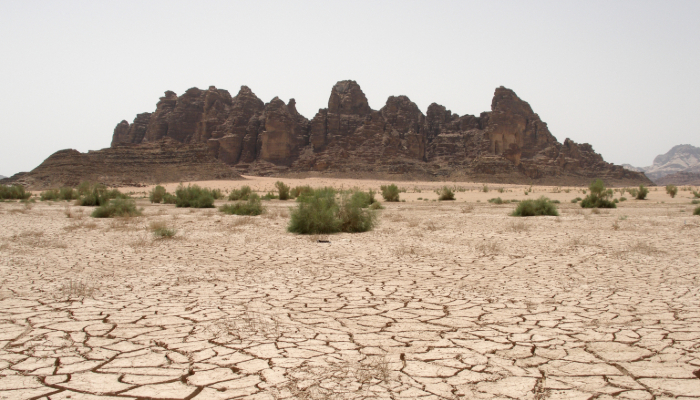
Global warming
Where can I find information about global warming?
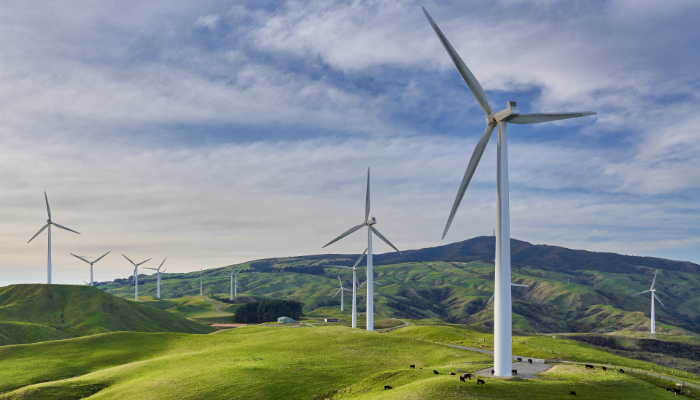
Sustainability
Where can I find information about sustainability?

Weather
Where can I find information about weather?
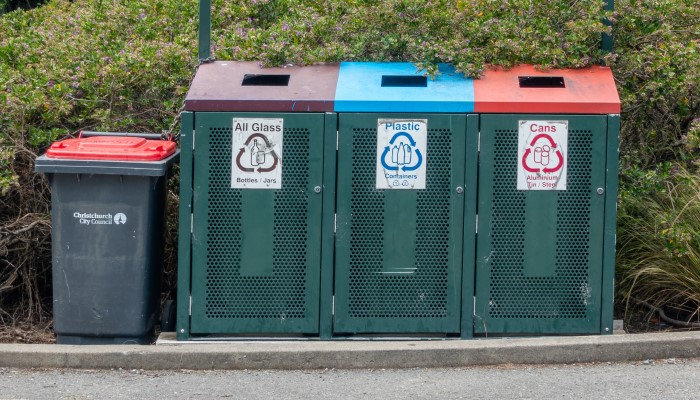
Recycling
Where can I find information and tips about recycling?
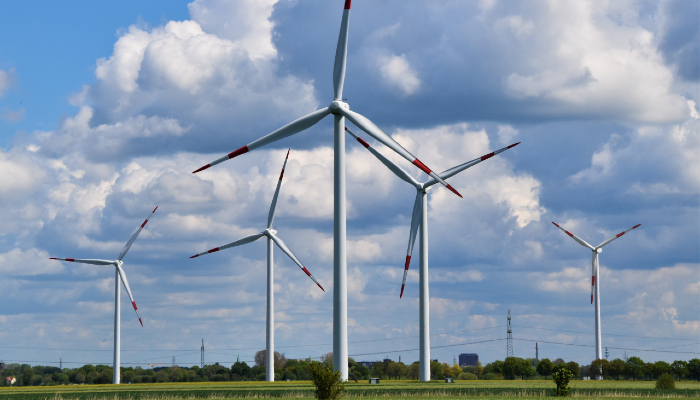
Renewable energy
Where can I find information about renewable energy?
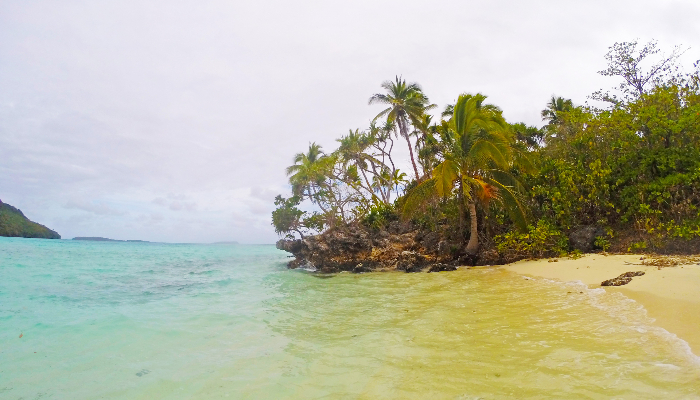
Pacific Islands
Where can I find information about the Pacific Islands?
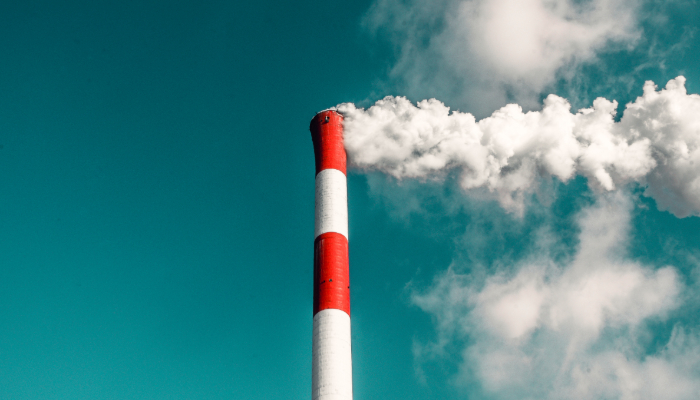
Pollution
Where can I find information about pollution?
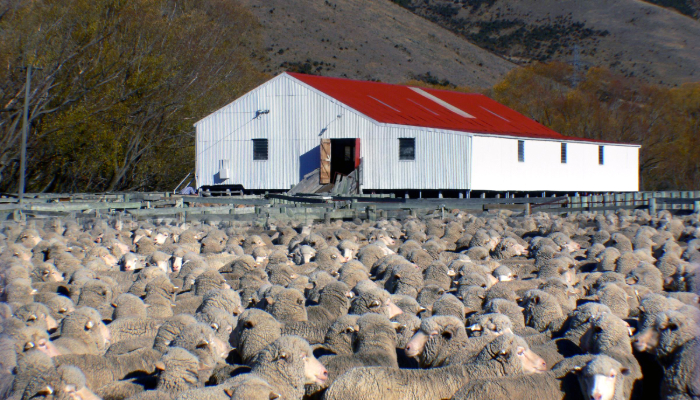
Farming (New Zealand)
Where can I find information about farming in New Zealand?
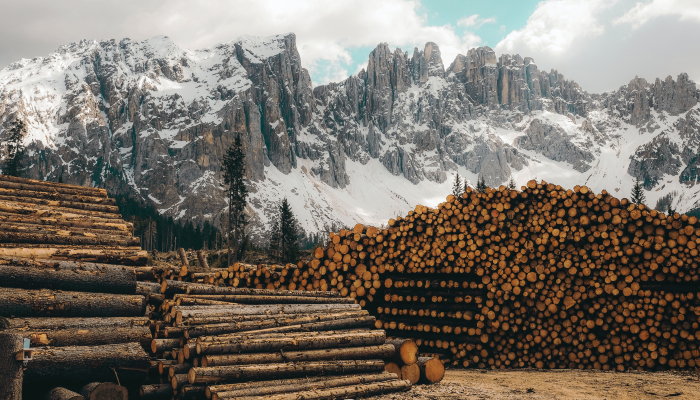
Deforestation
Where can I find information about deforestation?
